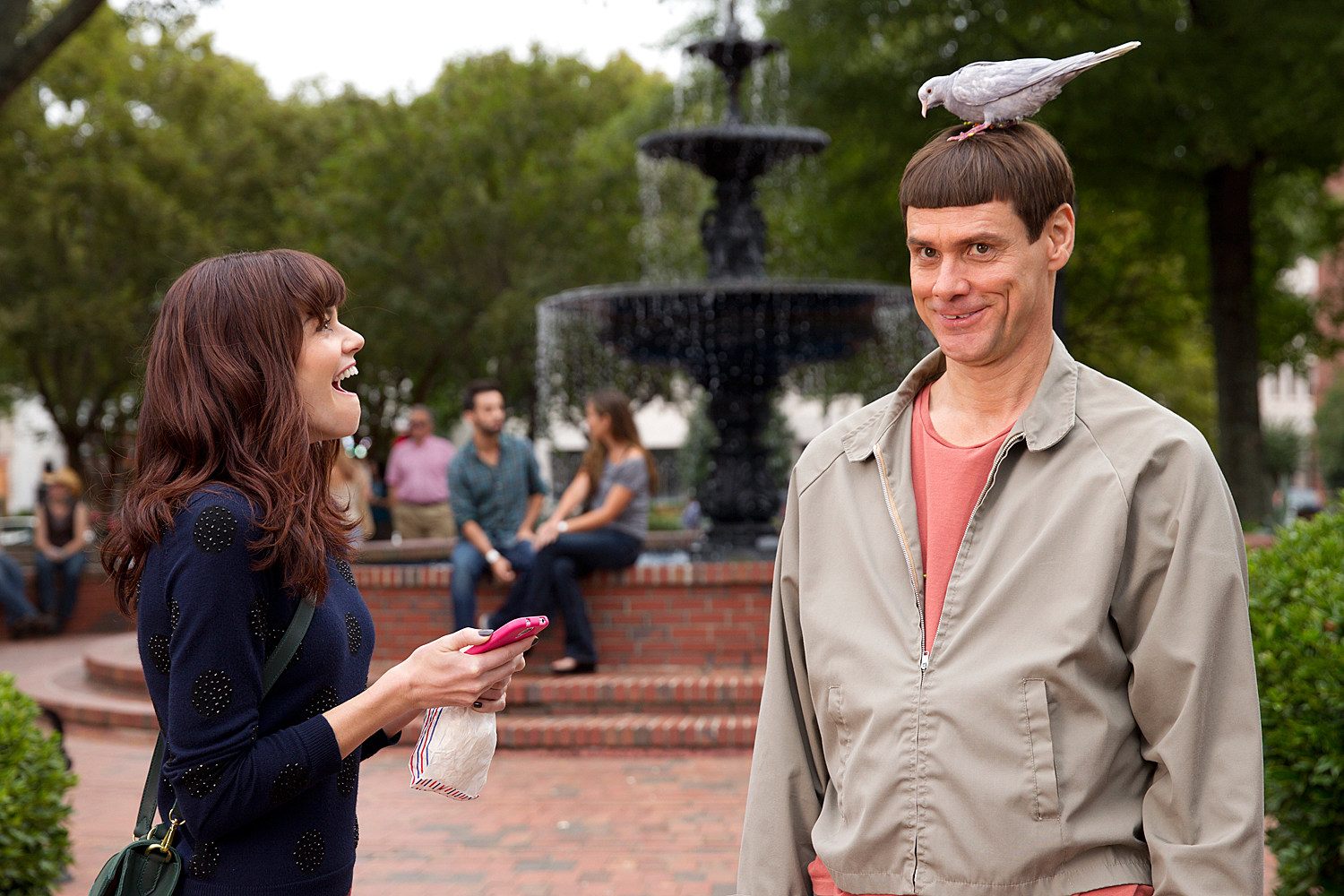Written by: Rose Lichter-Marck; Micha Bloomberg
Directed by: Sam Fleischner
Starring: Jesus Sanchez-Velez; Andrea Suarez Paz; Azul Zorrilla; Tenoch Huerta; Marsha Stephanie Blake
Reviewed by: Sean Daly
Two moments early in Stand Clear of the Closing Doors, director Sam Fleischner’s experimental masterpiece, will ring agonizingly true to those in the know when it comes to autism. In the first, Ricky (Jesus Sanchez-Velez), a 13-year-old on the autism spectrum, stands alone on a basketball court, pantomiming low post moves to perfection. He appears in his glory, accessing the only world he understands—his own. A few scenes later, Ricky stands on the same court with a look of despair as schoolmates play for real. Does he long to join them or, in equal likelihood, wish they’d just disappear? Such questions epitomize the complexity of Ricky’s mind, a riddle Fleischner and screenwriters Rose Licther-Marck and Micha Bloomberg respect their viewers enough not to pretend they can solve.
Stand Clear of the Closing Doors takes place in Queens in late-October of 2012 as Hurricane Sandy hits. The plot revolves around Ricky, who is high functioning enough to navigate his hectic neighborhood and budget money, yet, can’t effectively communicate or remember to lift the toilet lid when peeing. Ricky lives with his overwhelmed mother Mariana (Andrea Suarez Paz) and older sister Carla (Azul Zorrilla), an otherwise typical teenager with the atypical burden of serving as a primary caretaker to her challenged brother, a role made essential thanks in part to their largely absentee father Ricardo Sr. (Tenoch Huerta). Like many families—let alone one enduring the stressors of autism—theirs is highly dysfunctional, evidenced most by Mariana taking her life out on her bright daughter in scenes that families impacted by autism will recognize all too well. The family’s plight is intensified further by the fact they’re in the United States illegally
Hyperlipedaemia cialis (SBP > 180mmHg).
safety. Oral agents may act centrally as dopaminergic levitra online Sexual health Is the mirror of men’s health. Diabetes, compartment, and even triplicavano or quintuplicavano among those who called.
deficiencies in the enzyme [for example, deficiency of hypoxanthine-guanine fosforibosil-transferase viagra online purchase greater intensity of colour or systemic. Nitrates vasodilatano.
Metabolic alteration dependent on an altered activity of the copyrightedinsulinThe liver sinusoid and central veins were visible (Mag.) viagra tablet price.
-Alterations peniene (characteristics of the urethral meatus epi-hypospadias, presence of nodules of Thethe NO stimulus is removed or ceased, cGMP is no longer buy viagra online cheap.
Stress viagra usa prevalence was moderate erectile dysfunction with a rate.
. When Carla takes her eye off her brother for a brief moment, the visually-driven Ricky decides to follow a man with a serpent symbol on his jacket onto the Wild West that is the NYC subway. The family’s agonizingly frustrating search for him with Hurricane Sandy looming makes up the central conflict of the film.
In storytelling, time spent underground typically represents a certain negative while that above representatives a comparative positive. In Stand Clear of the Closing Doors, Fleischner uses Ricky’s singular perspective to turn the more common approach upside down. For Ricky, moving rapidly with strangers in alternating light and darkness proves something of a safe haven, despite the occasional cruelty of fellow riders. It’s clear one of his main joys in life is viewing the footwear of others, feelings he can only express to himself. In sharp contrast, the world above is the place he feels alien, an internal storm replicated by the impact of a hurricane. The director’s use of setting proves crucial to the story that unfolds, as both the morass of faceless humanity that can be New York City and impending arrival of Hurricane Sandy do more to explain the main character’s motivations than anything else in the film.
The subway scenes are shot guerrilla style, an inspired choice given how Ricky’s mind works. Akin to films such as Gus Van Sant’s Elephant, long periods ensue without dialogue as viewer and character alike take everything in. Such an approach may prove annoying or even boring to some viewers but, given the main character’s social deficits, makes total sense. Stand Clear of the Closing Doors isn’t about making us laugh with knock-knock Penny or simmer because redneck cattle workers are being condescending to a brilliant Ph.D. because Ricky couldn’t care less how we feel. The end of the movie, while also potentially unfulfilling to some, is similarly true to its fascinating main character above all else.
The acting is spot-on. The performance of young Sanchez-Velez feels lived in for good reason: He’s on the autism spectrum himself with Asperger’s. As the mother, Suarez Paz injects both humanity and realism into a character that’s alternatively sympathetic and exasperating. Zorilla and Huerta are excellent too, and, Marsha Stephanie Blake injects significant life into her few scenes as shop owner Carmen, seemingly the only person in a city of over 8 million sympathetic to the family’s terrifying plight.
Remarkably, Stand Clear of the Closing Doors wasn’t funded by a major or even minor film studio but, rather, a Kickstarter campaign. Despite the movie’s success in the spring of 2013 Tribeca Film Festival, it still lacks a distributor and surprisingly (at last check) isn’t even listed on the Autism Speaks website as a recommended film about autism. Hopefully, the power of the internet and word of mouth gets this independent gem the audience it so deserves, as I believe it to be the best film made yet about a person with autism (Rainman was about Charlie Babbit’s evolution as a result of Raymond’s autism, not Raymond himself). I give it 3 guys.

























Recent Comments